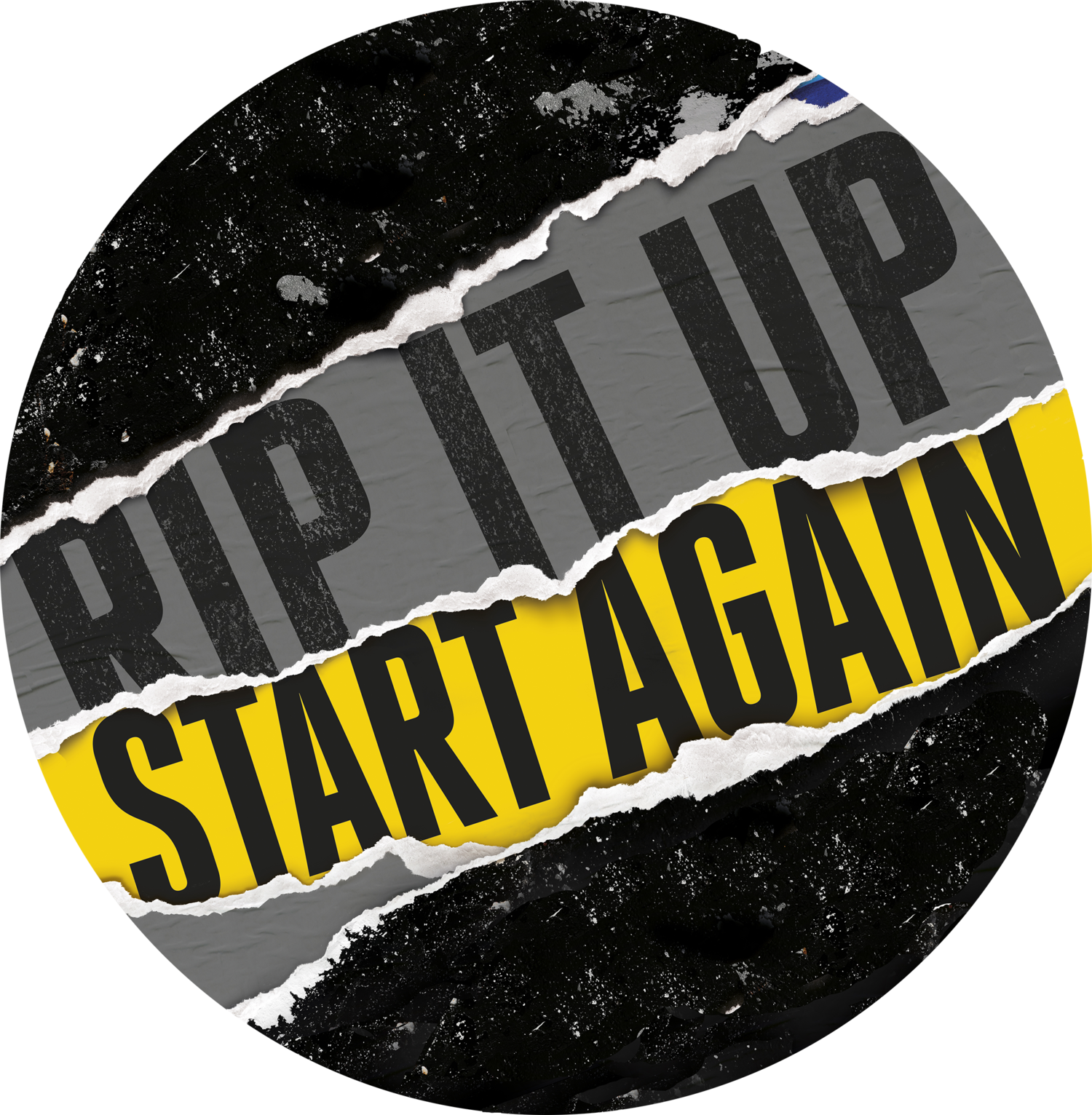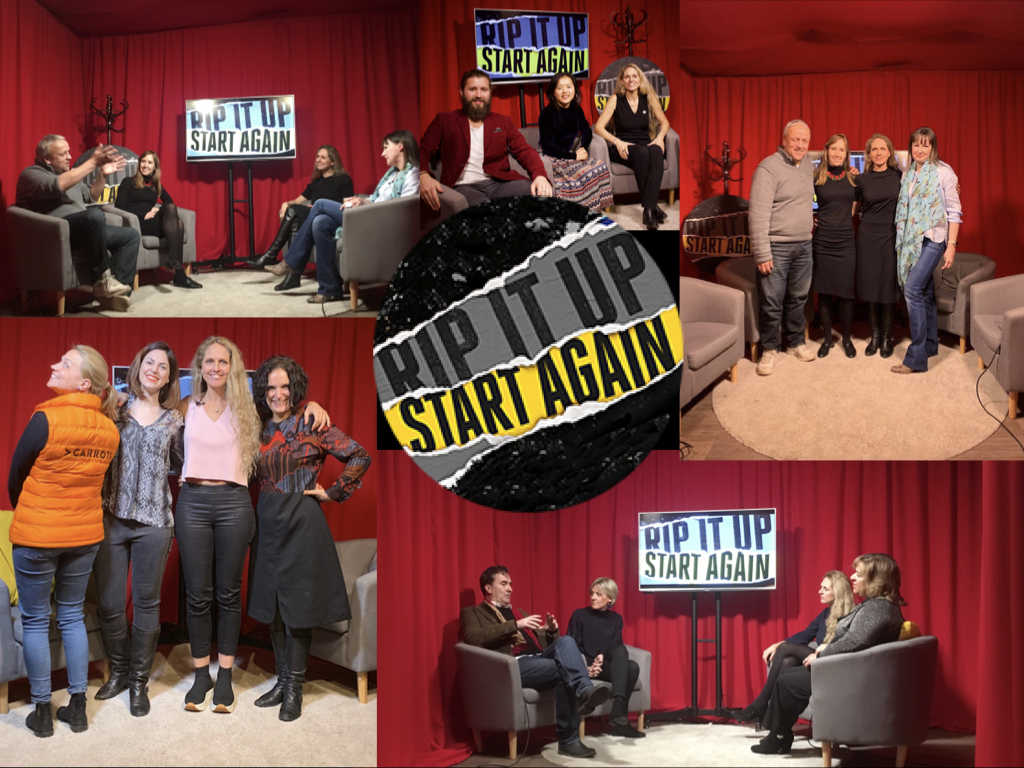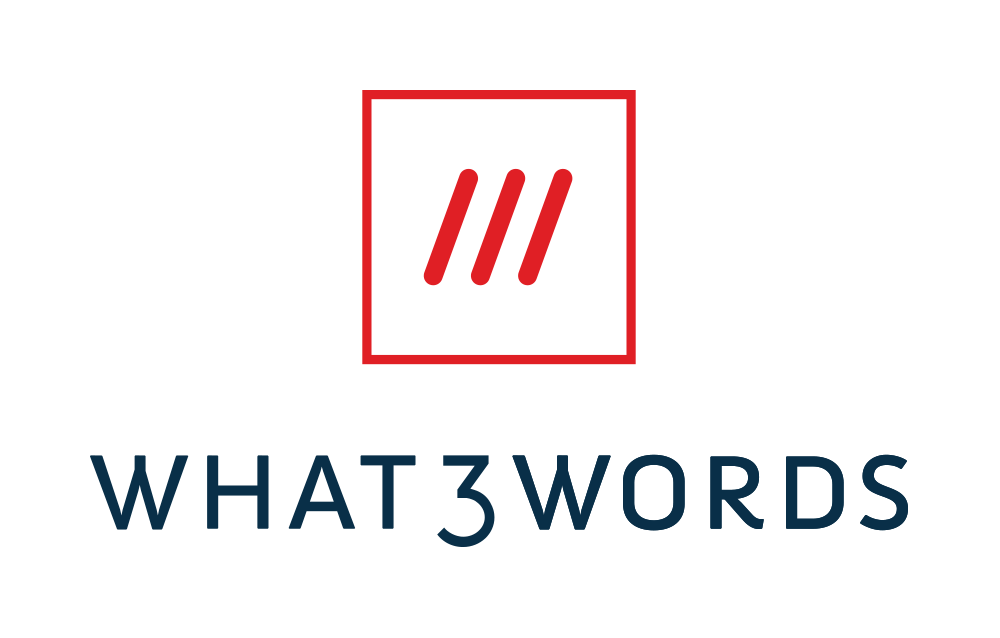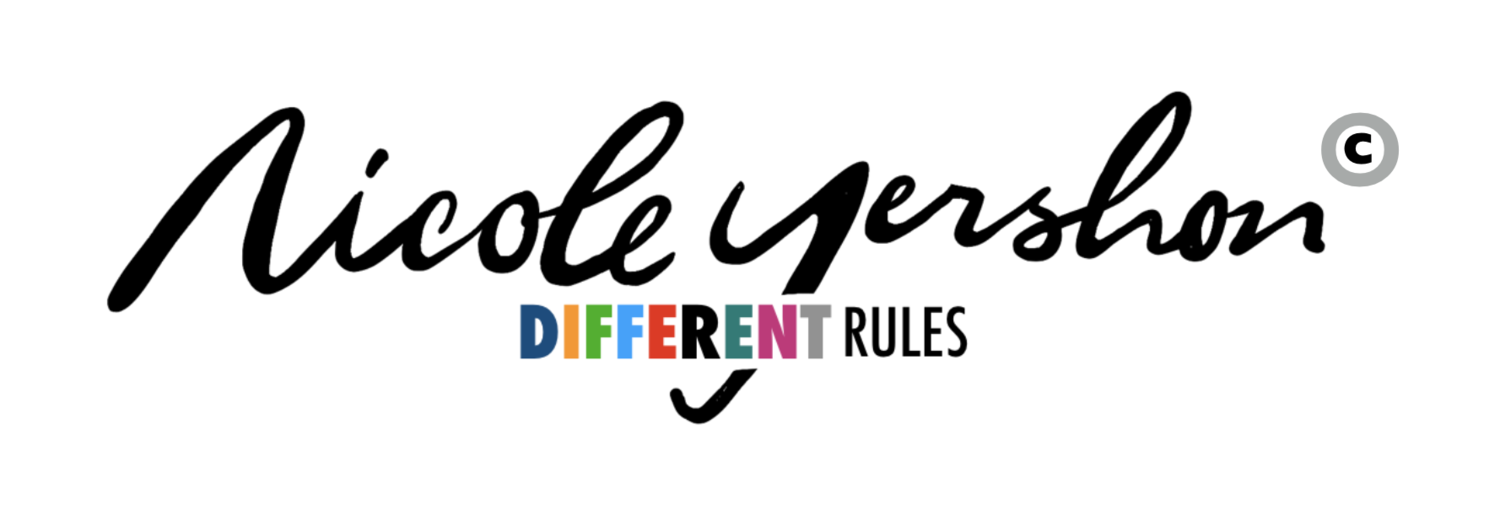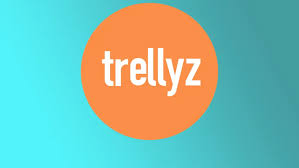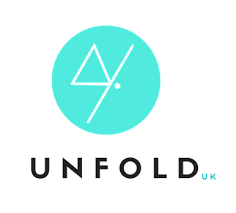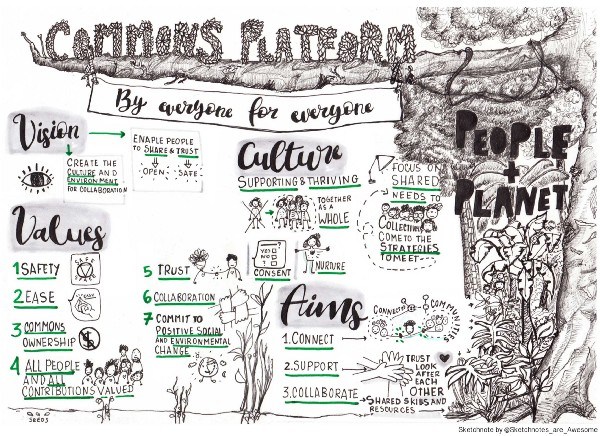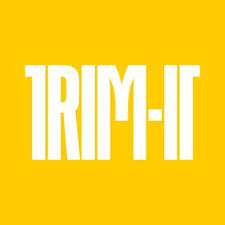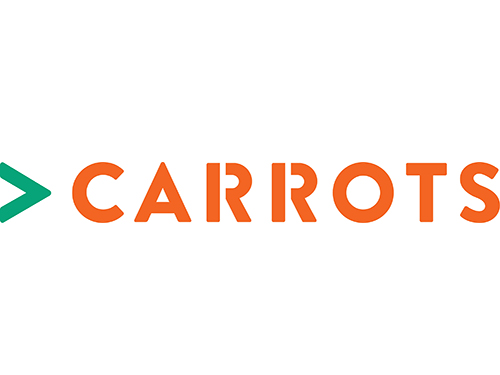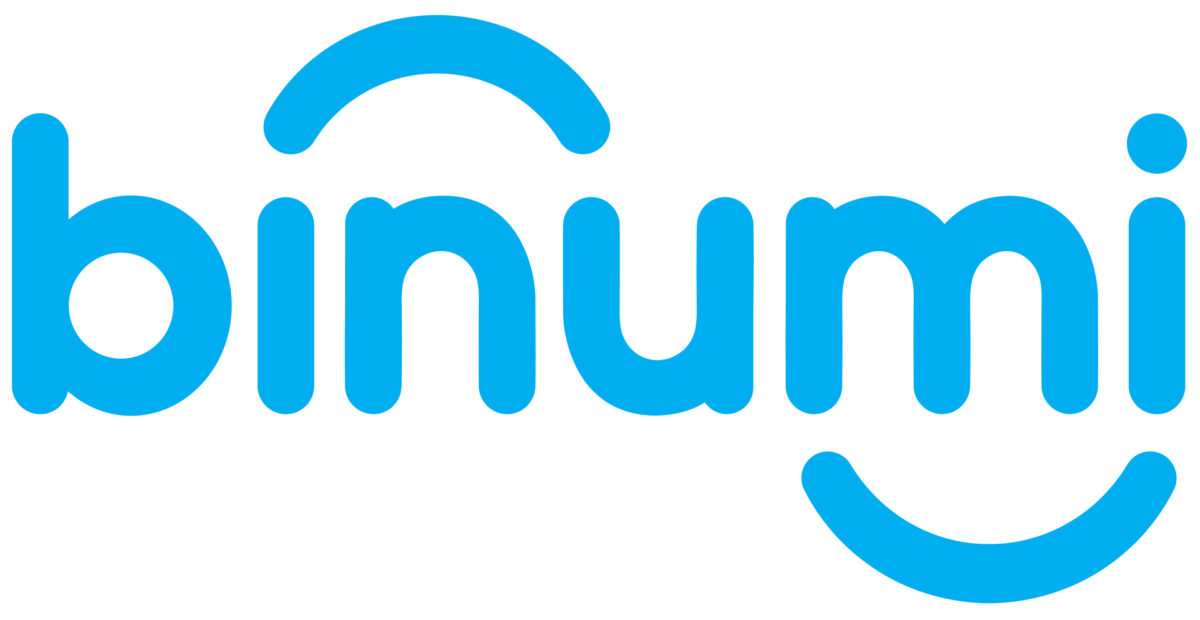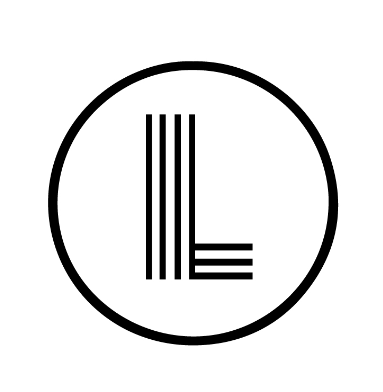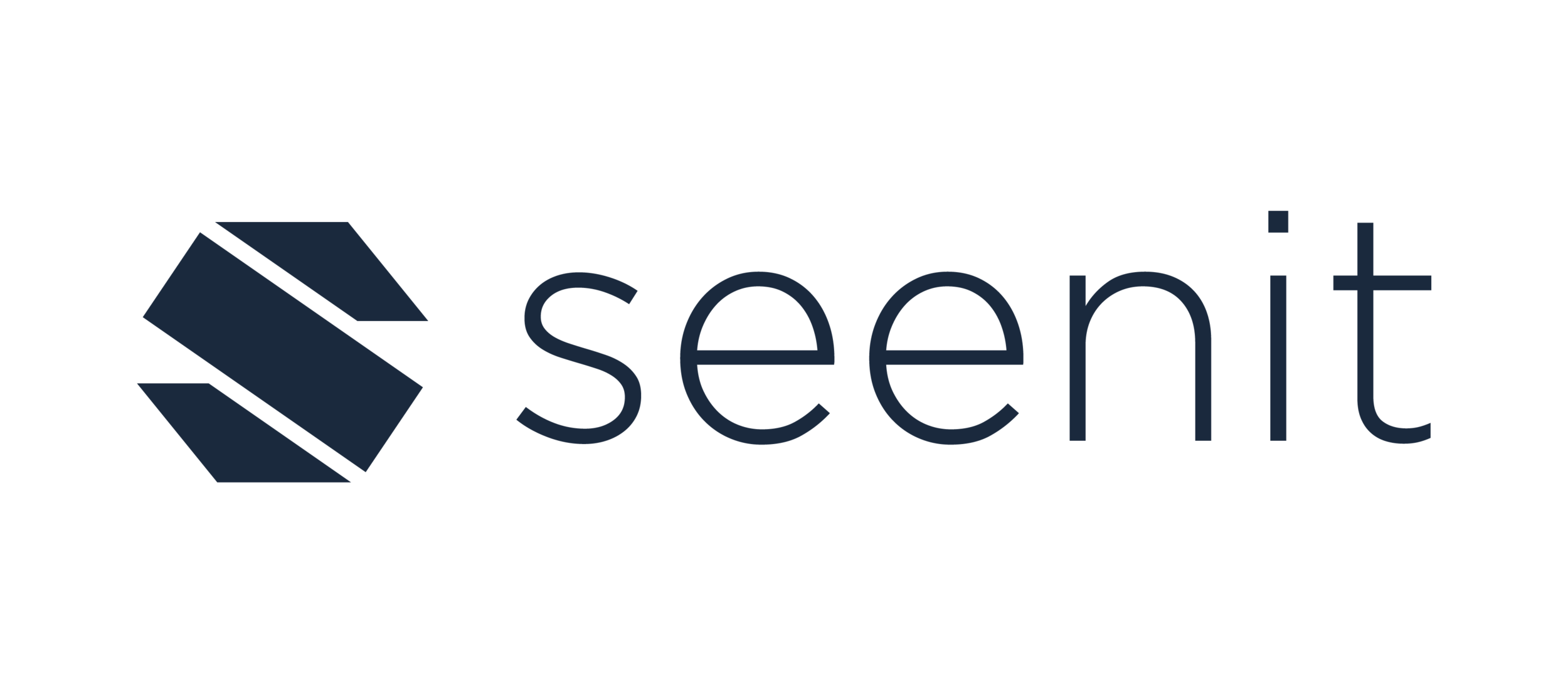Juliet Eccleston: AnyGood?
/“Over the years, I found recommendations were better than working with agencies and having a stack of CVs to trawl through. We have Uber and Airbnb using reputation as currency. I started a theoretical question: Is the recruitment industry capable of disruption?”
Chaired by Shelley Taylor (trellyz.com)
WHAT DID JULIET SPEAK ABOUT?
The recruitment industry. After being involved in the launch of Egg in 1998, Juliet found herself in a company culture where ideas were truly valued, suggestions were taken on, and the expectation was to challenge the norm. She shared the high points of her journey from delivering large-scale change for one of the original UK internet banks through to founding AnyGood?, a disruptive startup that aims to bring trust back to the recruitment process and provide a level playing field for candidates.
WHAT'S THE BACKSTORY?
11th of October 1998. This was an incredible year for technology. The original iMac was released. PayPal was founded. And Egg was launched. Juliet and the team at Egg (headed by CEO Mike Harris) exceeded their five-year target in six months, bringing in £5bn in deposits and 500,000 customers. She was responsible for creating the complaints procedure as part of the Change team. Juliet explained to us how the company was always pivoting (it wasn’t until later that they decided to be an internet bank) and this acceptance of change and the ability to identify opportunities has stayed with her ever since. But one difficulty she came across time after time was finding the right people to work with – inspirational leaders willing to take risks.
Juliet’s experience had taught her that personal recommendations were often more effective than using recruitment agencies and reading through stacks of CVs. Frustrated with the hiring process, she began to ask whether the recruitment industry was capable of change. Recruiters can sometimes hold information back to prevent direct contact, offer clients limited access to data, complicate the process and increase costs with multiple intermediaries – not to mention the overwhelming amount of terms and conditions. The whole process results in wasted time and information, often creating trust issues between the employer and agency. Meanwhile, nobody is tapping into the people who know other great people. Juliet decided to set up a new kind of recruitment agency; one that brings fairness and integrity to the industry through a diverse network of professionals who can recommend other professionals.
WHAT'S SHE DOING ABOUT IT?
The biggest challenge is trust. Taking inspiration from the likes of Airbnb and Uber, Juliet developed a model that removes the need for an intermediary and puts candidates in touch directly with clients. In the case of Airbnb, you have to trust the host. With Uber, both the drivers and passengers are rated. Rachel Botsman, author of Who Can You Trust?argues that, “The real disruption happening is not about technology; it’s a profound shift in the way we think about trust.” To back this up, Botsman explains that we would previously trust people in our villages and towns, and this extended to trusting large corporates. But more recently, this relationship has broken down. We now trust strangers more than we trust businesses. Our parents always told us never to get into a car with a stranger, but these days we do this every time we book an Uber.
How can AnyGood? help people to make this leap of faith with long-term decisions, such as hiring a new team member? When a client shares a role, members are notified and asked to think about who they know. They can then contact a previous colleague and put them forward as a recommendation. The client receives a written recommendation from the member as well as the candidate’s CV and LinkedIn page. To promote diversity outside of member ‘bubbles’, AnyGood? encourages members to recommend other members and proactively curates professionals from other networks to give a broader range of candidates and a better representation of society.
The problem with most systems like this is usually a lack of responsibility on the part of the referrer. Juliet wanted to make sure people were engaging for the right reasons, so she introduced a feature that allows clients to rate the quality of recommendations. There’s no manipulation of CVs or third parties getting in the way of the conversation. The entire process is transparent – regardless of the salary or position, there’s a flat fee of £6,500. And £1,500 of this goes to the member who recommended the candidate. The aim is to create a membership organisation where everyone wins.
NEXT STEPS …
AnyGood? launched in 2017. At the end of last year, they wanted to raise funds for future growth and the members decided to invest in the business themselves. Juliet has successfully developed a model that delivers quality recommendations, where clients only pay if value is added, where everyone shares in the profits, and that ultimately removes unconscious bias to create a level playing field within business.
www.anygood.com
CHAIRED BY SHELLEY TAYLOR
Shelley Taylor is the CEO and founder of trellyz, software that is transforming the way cities deliver services to the public, including the trellyz LifeSpots app and the RefAid app (for migrants and refugees). She is a native of Palo Alto California (that is the epicentre of Silicon Valley). She has tech running through her veins, has launched companies, succeeded (and failed), and has been part of tech startup culture for more than 20 years. She created the user interface bible, most of the language we now use to describe corporate websites, e-commerce features and functionality (like “global navigation” which literally did not exist before she made it up and got people to start using it). She’s the person who got Michael Dell to put a phone number on the website so people would stop abandoning the shopping cart. She diagnosed consumer diseases like “Mad Couch Disease” for interactive television, “Post Transaction Anxiety Disorder” and "Abandoned Shopping Cart Syndrome” for e-commerce and helped improve the dire state of user interface through the 90s and 00s. Lately she has been building her own tech companies instead of telling people how to do it better. She built the first DRM free music and digital entertainment site, and licensed music content legally when MySpace and Spotify were stealing it. She has built a ton of mobile apps. She has been living out of a suitcase since March 2017, literally building her current company country by country. www.trellyz.com
